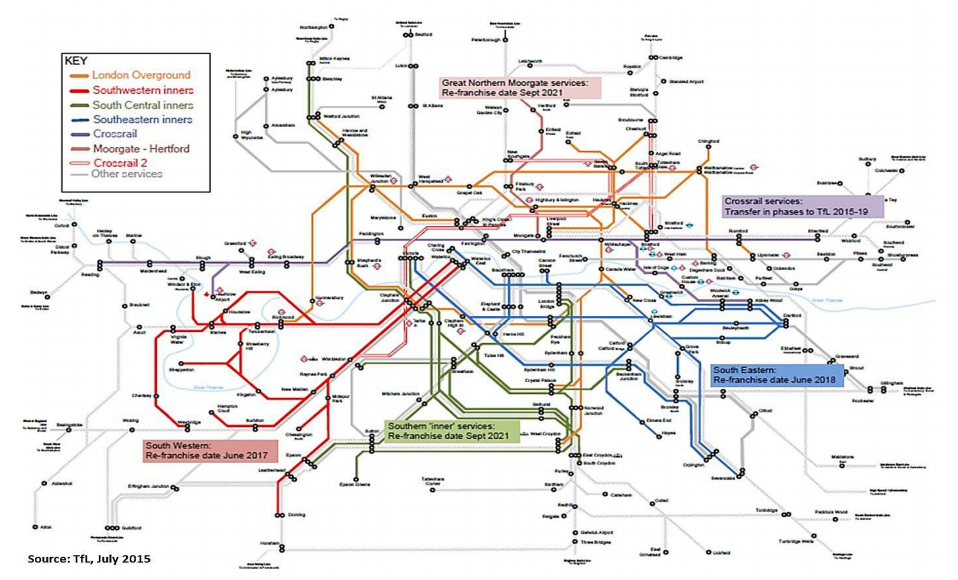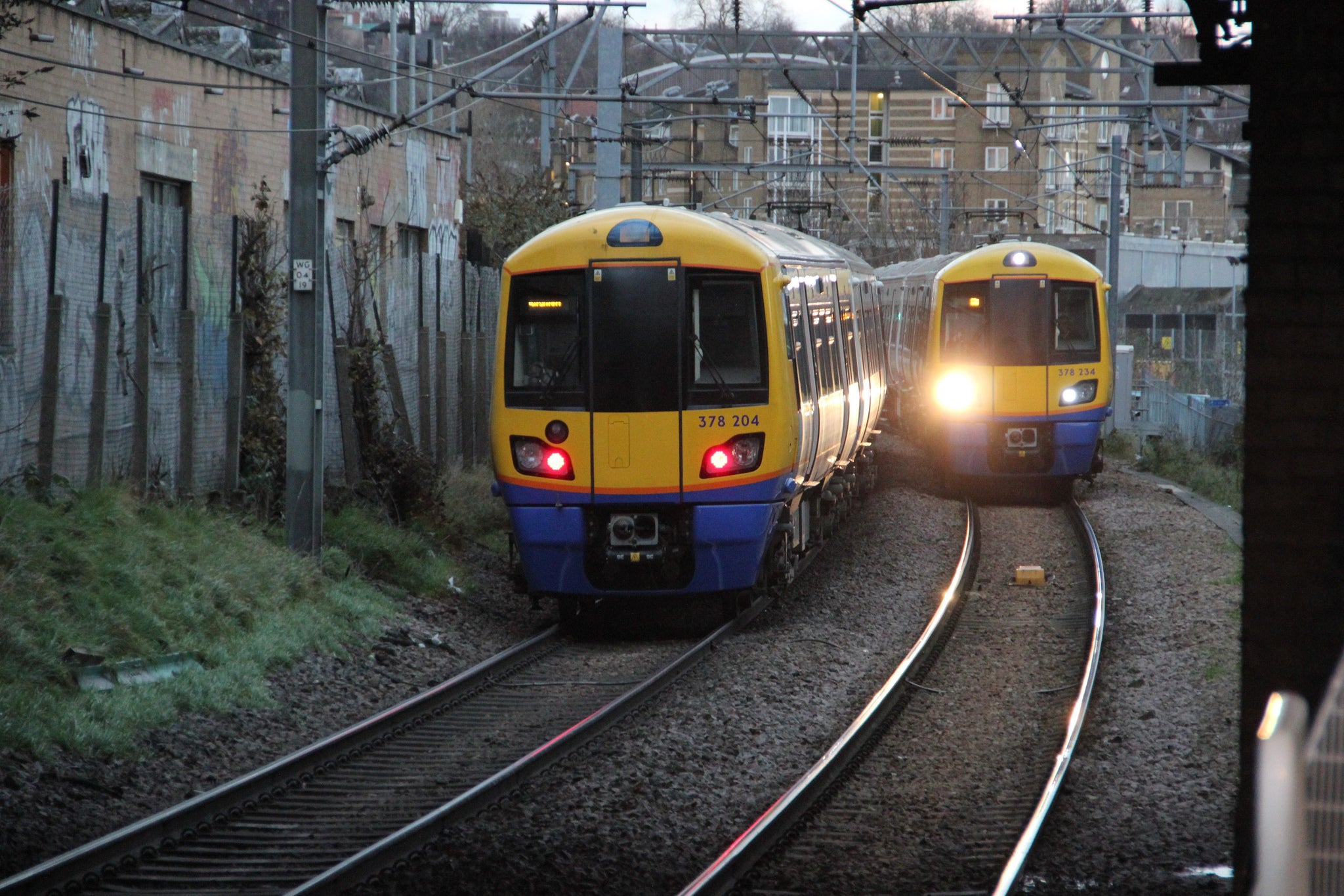Your support helps us to tell the story
From reproductive rights to climate change to Big Tech, The Independent is on the ground when the story is developing. Whether it's investigating the financials of Elon Musk's pro-Trump PAC or producing our latest documentary, 'The A Word', which shines a light on the American women fighting for reproductive rights, we know how important it is to parse out the facts from the messaging.
At such a critical moment in US history, we need reporters on the ground. Your donation allows us to keep sending journalists to speak to both sides of the story.
The Independent is trusted by Americans across the entire political spectrum. And unlike many other quality news outlets, we choose not to lock Americans out of our reporting and analysis with paywalls. We believe quality journalism should be available to everyone, paid for by those who can afford it.
Your support makes all the difference.London’s privately-run suburban railways should be transferred to control of Transport for London as part of a massive expansion of the London Overground, a new report has said.
The London Assembly’s transport committee said the current private franchising model was failing the capital’s passengers, especially in the south of the city.
The move, if it goes ahead, could create a “south London metro” that could plug the hole in the Tube map for people who live south of the river.
“Many of London’s rail passengers, particularly commuters, have no practical alternative transport options. They travel by train because they have to, rather than because they want to,” the report said.
“Increases in usage have occurred despite evidence of consistently poor service performance in much of the city and rising ticket prices.”
The assembly members said the London Overground model, where services are specified by Transport for London, had produced significantly better results than private operators like South West Trains, Southern or Southeastern.
The committee says giving TfL control of the services would likely reduce fares, reduce delays, and increase train capacity and frequency – as it has done on the London Overground network since TfL took control.

They say the London Overgound is “unique among London and South East rail services” in that it has reduced overcrowding in the past five years.
“TfL has managed to achieve this while demand for services has increased by 136 per cent; the Overground carried 140 million passengers in 2014/15,” the report notes.
Under the plan, South West Trains as far as Weybridge and Dorking would come under TfL control, as would Southern as far as Epsom and Croydon.
Southeastern trains as far as Dartford and Sevenoaks, north-south Thameslink services, and lines out of Moorgate station would also be taken over.
Longer distances services to outlying towns would remain under private franchise control.
Railways devolution has long been supported by the Mayor of London but has traditionally been blocked by county councils on the outskirts of the capital who fear long-distance commuters could lose out.
The latest report however says the Kent County Council, a longstanding opponent of the plan, has accepted it providing safeguards can be provided for long-distance passengers.
The Rail Delivery Group, which represents the existing railway companies, told BBC News: "Some of the best rail passenger satisfaction levels in London and the South East are being achieved on services commissioned by both Transport for London and the Department for Transport.
"Private train companies already work effectively with TfL, whether by operating London Overground or ensuring that passengers can use their tickets to travel across both TfL and national rail."
Huge passenger disruption at London Bridge has hit the headlines in recent years as services struggle to cope with soaring passenger numbers.
The Greater London Authority expects demand for rail services that demand for rail services to increase 80 per cent by 2050.
68 per cent of London rail passengers surveyed by the committee were in favour of devolution to TfL, with 26 per cent preferring their existing operator.

Join our commenting forum
Join thought-provoking conversations, follow other Independent readers and see their replies
0Comments